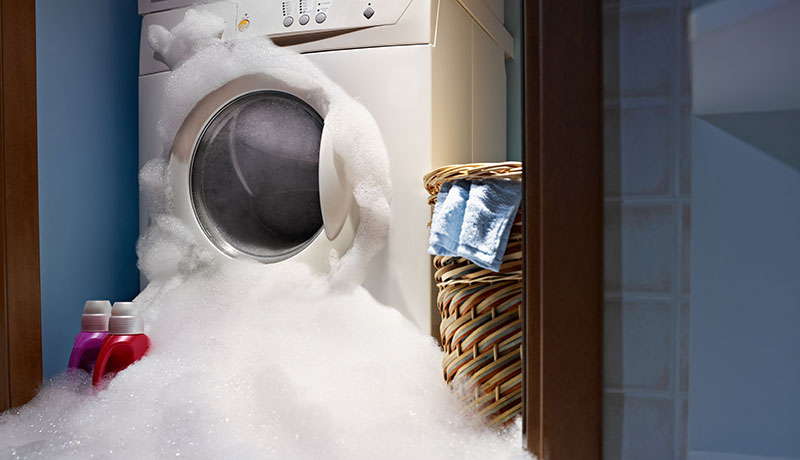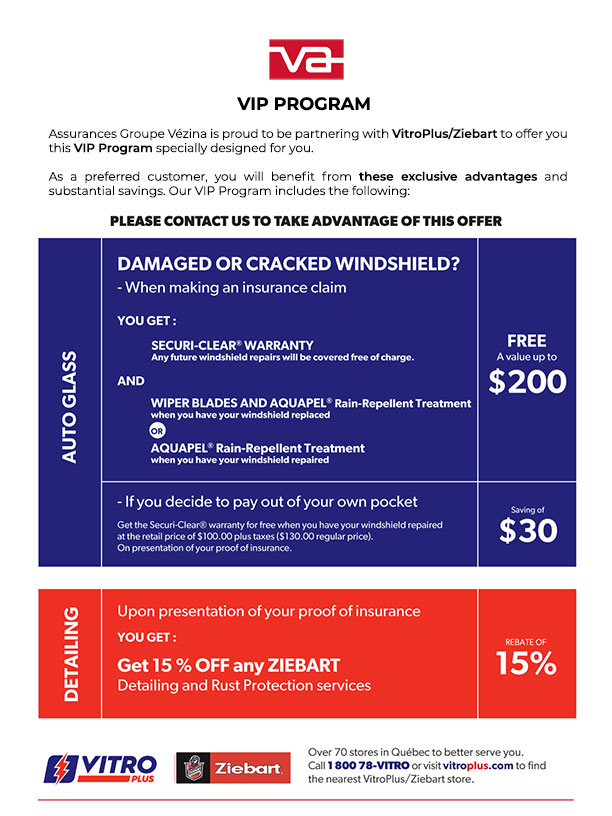Water damage is responsible for the majority of losses in this country
Inside the house
Water entry point
Make sure everyone who lives in the house knows where the water entry point is located.
Washing machine and dishwasher
- Don’t leave the house when they are on.
- Check the condition of the water hoses.
Hot water tank
- Consider replacing it after 10 years; otherwise, inspect it regularly.
Winter
Heat well to prevent pipes from freezing and bursting.
If you’re away from home for several days during the winter
- Turn off the water and drain the pipes.
- Ask someone to keep an eye on your home if you’re away for more than four days to make sure that, among other things, your heating system is working.
Sump pump
- Have it checked by a plumber to make sure it’s working well.
Mainline backflow valve
- Mechanism that prevents water overflow from a municipal sewer from backing up into the basement of your home. The backwater valve closes automatically when sewers back up.
- Have it checked by a plumber to make sure it’s working well.
- Check with your municipality whether there’s a by-law that requires this mechanism to be installed.
In-pipe check valve
- Mechanism that prevents waste water from backing up into your basement. However, it won’t prevent waste water from backing up into basement sinks, toilets, showers and laundry tubs.
Outside the house
Roof
- Twice a year, check the condition of your roof.
- Have it inspected by a professional if it’s more than 20 years old.
Drains, eaves troughs and downspouts
- Make sure downspout extensions are directed at least 1.8 metres away from your home’s foundation walls. And make sure the water doesn’t flow towards your neighbour’s home. Downspout extensions should be directed away from your house towards the road, back yard or back lane.
- Make sure they’re not clogged; for example, clear dead leaves from eaves troughs in the fall.
Door and window caulking
Once a year, check the caulking.
Basement window wells
Inspect them to make sure no water has accumulated.
Outside faucets
In the fall, turn off the water supply and drain garden hoses.
Foundation walls
Once a year, check foundation walls for cracks and seal any immediately.
Rain barrels
- Help reduce the risk of water seeping into your basement.
- Help reduce water usage and provide a ready supply of non-chlorinated water for your lawn and garden.
Source: infoassurance.ca



